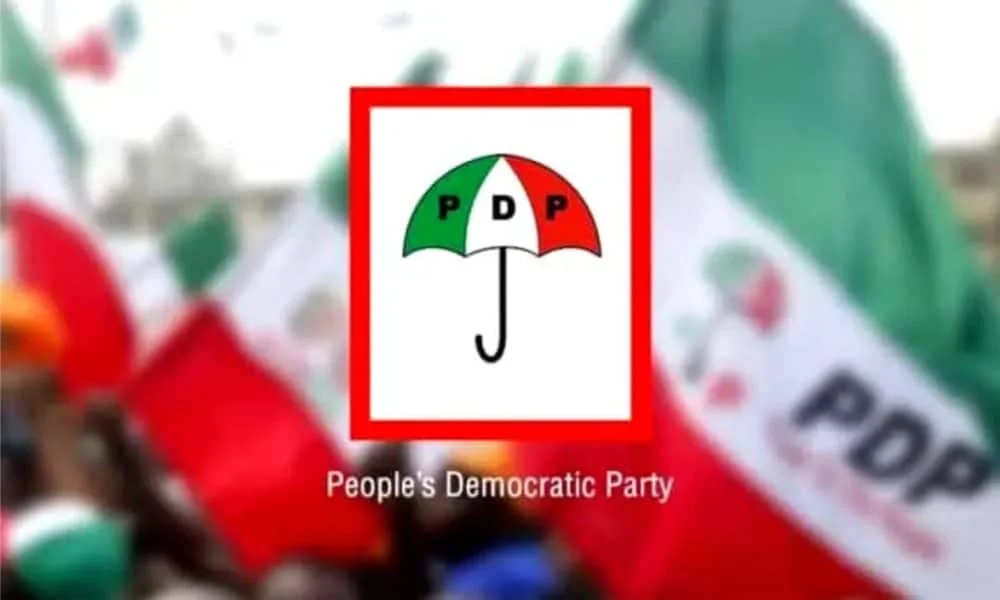High exchange rates and Customs import duty on cargo clearance have been identified as the reasons for the drop in vehicle importation into the country by 60 percent, LEADERSHIP can report.
LEADERSHIP gathered that vehicle imports dropped from 45,000 between January and June 2023 to 18,000 between January and June 2024, representing a 60 percent drop.
Other factors responsible, it was gathered, were high import duty and taxes for used vehicles, and imposition of Import levy on used vehicles among others.
Currently, the exchange rate for the clearance of imported cargoes at the seaports stands at N1,512.21 per dollar while the official exchange rate closes at N1,509.67 at the NAFEM, the market trading segment for investors, exporters and end-users that allows for FX trades to be made at exchange rates determined based on prevailing market circumstances.
Confirming the drop in vehicle importation, the general manager, Port and Terminal Multiservice Limited (PTML), Tunde Keshinro, also attributed it to the restriction of rebate on ex-factory prices used for assessment of import duty to 10 instead of 12 years.
Keshinro stated that the law allowed the importation of 12-year-old vehicles into the country but vehicle units above 10 years of age are currently forced to pay higher import duty.
PTML is a foremost roll-on-roll-off (RoRo) terminal in Nigeria, handling between 65 to 70 percent of vehicles imported into the country.
“For the period between January and June 2023, PTML terminal handled about 45,000 vehicle units while year 2024 of the same period saw a record reduction in volume of less than 18,000 units. If PTML handles 65-70 percent of Lagos port vehicle import traffic, you can project the figures with an additional 30 or 40 percent to have the idea of total imports of RoRo units into Lagos ports within the periods under review,” Keshinro stated.
He further noted that high exchange rates for importation and cargo clearance have taken imported used vehicles above the affordable level of the majority of Nigerians who depend on private vehicles for private and commercial transportation.
Managing director of Wealthy Honey Investment, a clearing and forwarding company, Dr Kayode Farinto, corroborated that vehicle importation into the country had dropped to about 55 percent, containers dropped to 30 percent while bulk cargo dropped to about 20 percent.
According to Farinto, in the last few months, there has been a significant drop in the volume of cargo in the country over the non-stability of the exchange rate.
“We have bulk cargo, containerised goods, and vehicles. The level of import of vehicles has dropped to about 55 percent, the level of import on containers has dropped to about 30 percent, and on bulk cargo, it is about 20 percent. So we are not really winning the war.
“The situation has not been very rosy for us in the industry, particularly the freight forwarders. We are not faring well. We have some people who have actually left the job, some remain thinking tomorrow will be a better day and we have some who have died. I can tell you that we lost a lot of members this year.
“My prediction is that the volume of imports will continue to nosedive if nothing is done. I’m also an importer. If you want to appreciate what I’m saying, go to the manufacturers’ association and ask them what they have imported in the last few months.”
“The only solution is for us to have a predictive exchange rate for Customs purposes alone. It’s not too much to ask. The exchange rate has been fluctuating, currently, it is N1,509 as of Sunday. A cent is important to every businessman because if you’re using a bank loan you have to put all these into consideration.
“We had a week where we had more than five exchange rates. That is not too good for our economy. We have three levels of importation,” the former acting president, the Association of Nigerian Licenced Customs Agents (ANLCA) said.
According to him, the situation has also been difficult for freight forwarders, with many losing their jobs and some even their lives.
“Customs must negotiate with the CBN, draw them to the Minister of Finance, sit at a round table, and involve us. I have suggested a tripartite meeting between CBN, Customs and Ministry of Finance or CBN, Customs and freight forwarders and we will be able to tell the CBN that what they are doing is not helping the economy and that if we continue like this, the economy will just go in shambles; perhaps they will listen to us but up until now nothing has been done about it.”

 4 months ago
20
4 months ago
20















 English (US) ·
English (US) ·